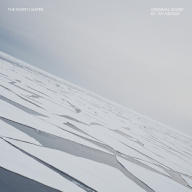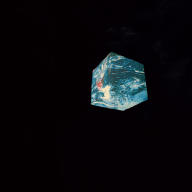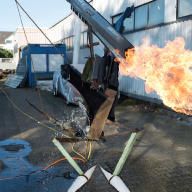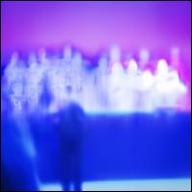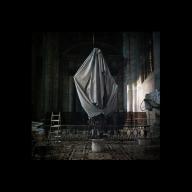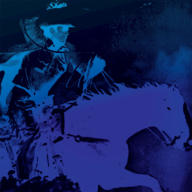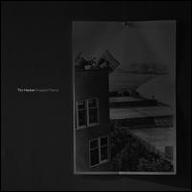As a graduate student studying digital acoustics and software, Hecker spent years dabbling with electronic music before finally debuting as Jetone in 2000 with Autumnumonia for Pitchcadet. The release interested Force Inc., which released Hecker's next album as Jetone, Ultramarin, a year later. Following this popular release, he aligned himself with Alien8, an experimental label based in Montreal. He recorded Haunt Me, Haunt Me Do It Again for Alien8's sublabel Substractif, and watched it inspire critical praise upon its release in late 2001. The album proved so successful that Substractif released a follow-up EP, the Van Halen-themed My Love Is Rotten to the Core, less than a year later in hopes of building upon the lingering critical buzz surrounding Haunt Me. Hecker then recorded Radio Amor for Mille Plateaux, which released the album in April 2003.
Inspired by a 1996 journey to Central America, where he experienced a memorable boat ride off the coast of Honduras, Radio Amor consolidated the various aspects of Hecker's previous two efforts into his most accessible ambient work to date, and accordingly won him yet more acclaim. In 2004, Mirages came out, followed by his contribution to Staalplaat's Mort aux Vaches series, a 41-minute live radio set that was released in 2005. The next year, Hecker's first album for Kranky, Harmony in Ultraviolet, hit shelves. In 2007, Hecker released the 20-minute CD single Norberg on the Australian label Room40 and 10" EP Atlas on Audraglint Recordings. The 2008 Alien8 release Fantasma Parastasie was a collaboration with Nadja's Aidan Baker, and it was followed by An Imaginary Country, another solo full-length on Kranky. In 2010, Hecker issued the 7" single "Apondalifa" on Room40.
The solo album Ravedeath, 1972 was released in 2011. The ambitious work was themed around the destruction of music, and included contributions from Ben Frost. The album was enormously well-received, garnering acclaim from numerous publications and often being referred to as Hecker's best work to date. Later that year, Hecker released Dropped Pianos, a darker-hued companion piece to Ravedeath. In 2012, he collaborated with Oneohtrix Point Never's Daniel Lopatin on Instrumental Tourist, which featured jazz-inspired improvisations from both producers. The album was the first in a series of collaborations to appear on Software, the label Lopatin ran with another frequent collaborator, Joel Ford.
October 2013 saw the Kranky release of Virgins, a deliberate excursion into live, improvisatory performance recorded in Montreal, Reykjavik, and Seattle with an ensemble of musicians playing woodwinds, piano, and synths. Hecker contributed the song "Amps, Drugs, Mellotron" to Adult Swim's 2014 summer singles series. In 2015, Room40 released Norberg/Apondalifa, an LP containing both previous single releases. The following year, Hecker made his debut on 4AD with Love Streams, which featured vocals by the Icelandic Choir Ensemble with arrangements scored by Jóhann Jóhannsson. Hecker's follow-up appeared in 2018, and his ninth record also marked a return to Kranky. Konoyo was inspired by gagaku, a type of Japanese classical music performed at the Imperial Court in Kyoto, and featured the gagaku ensemble Tokyo Gakuso. Companion album Anoyo, recorded during the same sessions as Konoyo, was released in 2019. Hecker's bleak, meticulously arranged soundscapes proved to be a fitting soundtrack for a television adaptation of Ian McGuire's Arctic drama novel The North Water. The score was released by Lakeshore Records in 2021. ~ Jason Birchmeier & Paul Simpson, Rovi


